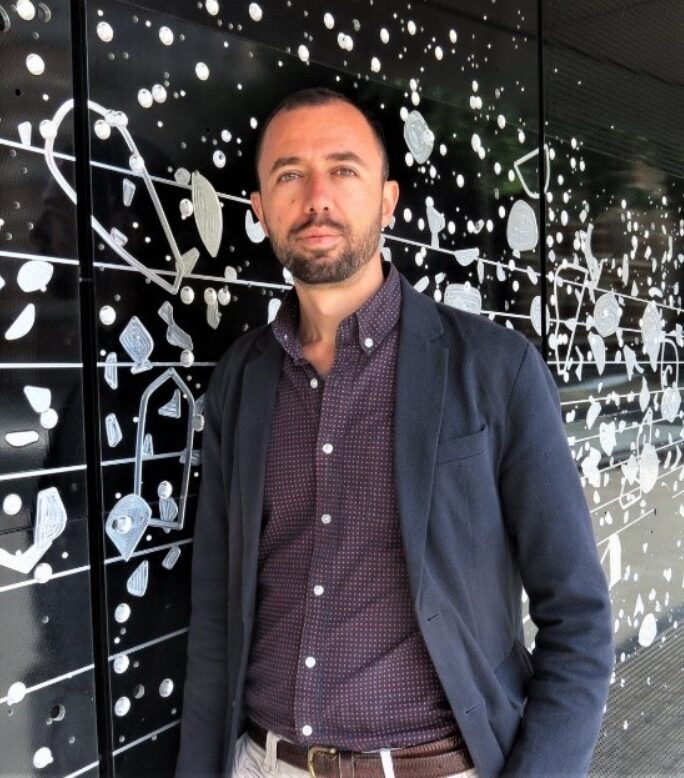Targeting Transcription Factor for Therapy in Neuromuscular Diseases
This webinar has since taken place and is now available to watch on-demand.
About the Webinar
As part 1 in our oligonucleotides webinar series, this webinar covers the below topics:
- Transcription factors are difficult molecular targets
- The transcription factor Androgen Receptor is a fundamental regulator of skeletal muscle homeostasis
- Understanding of the isoform composition offers clues for new therapeutic targets
- Targeting a naturally occurring isoform of the AR has potential to treat spinal and bulbar muscular atrophy
Abstract
Spinal and bulbar muscular atrophy (SBMA) is an X-linked neuromuscular disorder caused by a polyglutamine tract (polyQ) expansion in the androgen receptor (AR) protein. This disease affects 1:40,000 men worldwide, often underestimated due to frequent misdiagnosis. Affected individuals develop severe muscle atrophy and weakness due to lower motor neuron degeneration and primary myopathy, with skeletal muscle being the main site of pathology and target for therapy. AR, a ubiquitously expressed transcription factor, mediates the response to male hormones like dihydrotestosterone (DHT). Upon activation, AR undergoes conformational changes, interacts with co-regulators, and binds to DNA to control gene expression. In SBMA, cell dysfunction and death result from toxic gain and loss of function mechanisms dependent on AR's ligand binding and transcriptional activation. The mechanisms of transcriptional dysregulation in SBMA and their contribution to the disease are unknown. Due to a lack of understanding, no treatment is currently available, and SBMA remains a condition of high unmet clinical need. Several AR isoforms exist and are differentially expressed in human tissues, modulating AR activity and offering unexpected clues for treating SBMA.
Meet Our Speaker

Prof. Carlo Rinaldi
University of Oxford, UK
Carlo Rinaldi completed his medical education and residency in adult neurology in 2010 both with distinction at the University of Federico II, Naples, Italy. In 2009 he joined the Neurogenetics Branch at the National Institute of Health (Bethesda, MD, USA) under the supervision of prof. Fischbeck, to work on the mechanisms of pathogenesis of spinal and bulbar muscular atrophy (SBMA or Kennedy's disease) and other genetic diseases of the motor unit and where he also obtained a PhD in Neuroscience with the thesis entitled: 'From Disease Gene Identification to Therapeutic Targets in Neuromuscular Diseases'. In 2015 he joined the lab of Prof. Matthew Wood at the University of Oxford as a Clinical Research Fellow and in December 2016 was awarded a Wellcome Trust Career Development Fellowship, followed by a UKRI MRC Senior Clinical Fellowship in 2023 to establish his independent research lab (https://www.rinaldi-lab.com/). He is an Honorary Consultant Neurologist at the John Radcliffe Hospital in Oxford and at the National Hospital for Neurology and Neurosurgery in London and Principal Investigator in the recently established Oxford-Muscular Dystrophy UK Centre for Translational Neuromuscular Science Centre.